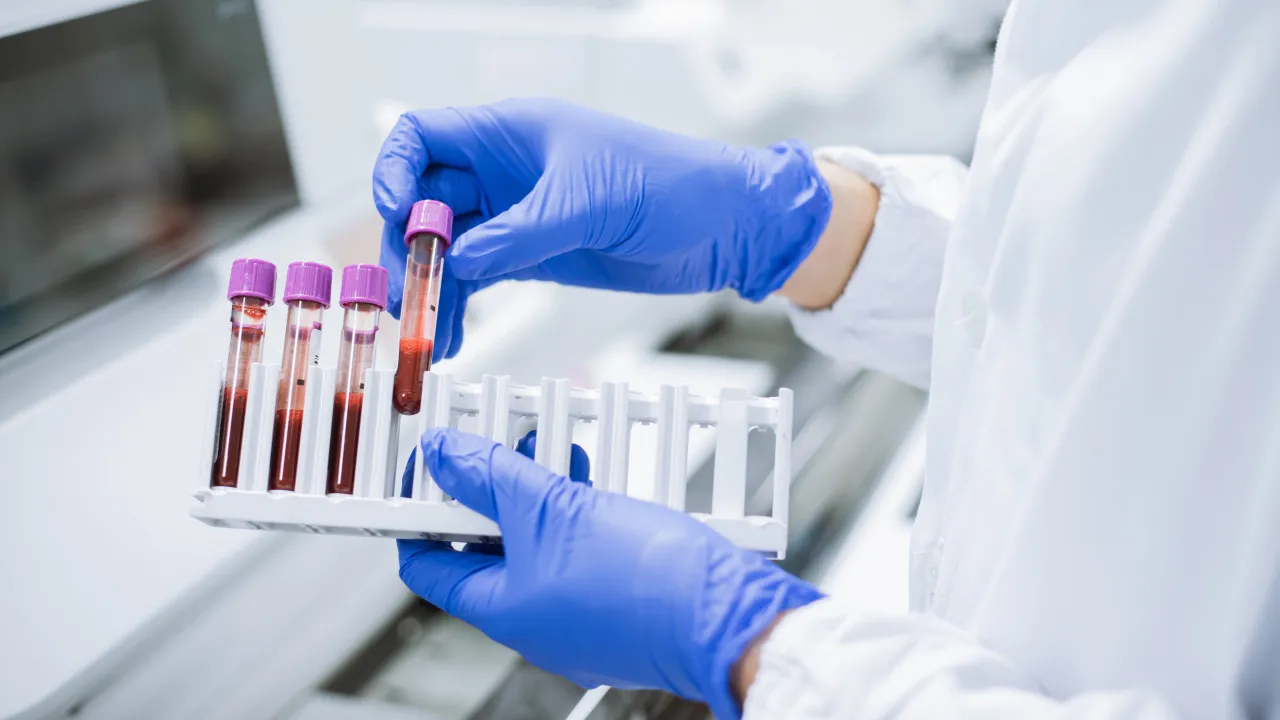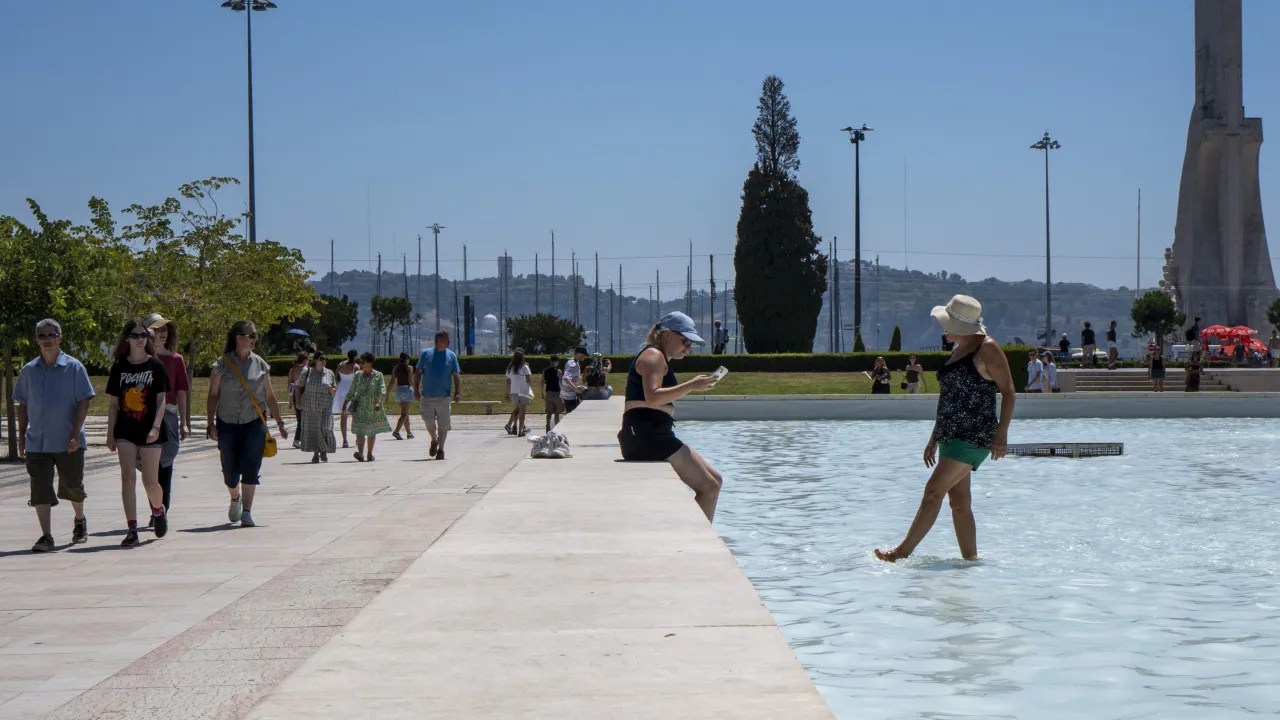
The president of the Portuguese Federation of Voluntary Blood Donors (Fepodabes), Alberto Mota, has criticized the Portuguese Institute of Blood and Transplantation (IPST) for its campaign promoting blood donation on the “Cartão Jovem” social media pages, offering stays in Youth Hostels to young donors aged between 18 and 30.
The IPST, when contacted, expressed regret and rejected the federation’s criticisms, stating, “at a national level, all services work towards mitigating the seasonality in blood donation, particularly in regions with a higher need for blood components, such as Greater Lisbon and the Algarve.”
It was highlighted that, in the case of the Portuguese capital, the Lisbon Blood and Transplantation Center (Avenida do Brasil), ULS Santa Maria, and ULS São José extended their donor service hours to 9:00 PM.
“We are confident that this opinion does not represent the sentiment of blood donor organizations that continue to collaborate with the IPST to mobilize donors and ensure that their collection sessions achieve the proposed objectives,” the institute stated in a written response.
According to the institute, the collaboration proposal for blood donation promotion by Movijovem to IPST, called “Dá o Braço por uma causa importante,” taking place between August 11 and 16 as part of the World Youth Day celebrations, “is just another promotional initiative and contributes to reinforcing blood donation from an age group essential for rejuvenating the donor pool in Portugal.”
“We do not understand those who repeatedly claim that donors need to be compensated for their donations, such as with a day off on the donation day, and oppose an initiative that aims to reinforce the sustainability of blood donation in a country with an aging population,” it underscores.
With this campaign, it adds, young people between 18 and 30 can, if they wish, enjoy a stay (offered by a partner) at a youth hostel.
“As with other situations that aim to attract new donors for the noble cause of blood donation, the value in question and the format of accessing this offer do not undermine the altruistic and non-remunerated nature of donation,” it emphasizes.
Alberto Mota accused the IPST of having “double standards” by favoring younger people with material incentives while regular donors remain without effective recognition, a criticism refuted by the institute.
“The IPST does not have double standards, being stringent in the criteria of non-remuneration for blood donation, complying with European directives on this matter, ensuring the safety of blood components,” it defends.
According to the blood institute, these initiatives, as disclosed in the weekly publication of blood reserves by regions, have, to date, reinforced the stability of blood reserves.
It adds that, in terms of reinforcing blood donation promotion, it launched a television spot for the current IPST campaign “Parte de Si” and the IPST 2025 Summer Campaign, which will run collection sessions “in areas usually frequented by many vacation-goers” until September 15.
The IPST expresses gratitude for the generosity of all who have helped stabilize blood reserves, allowing hospital patients to receive their needed treatments.
The institute notes that every day around 1,100 patients in Portuguese hospitals require blood.




